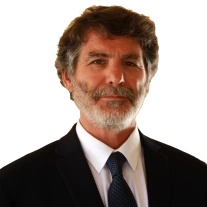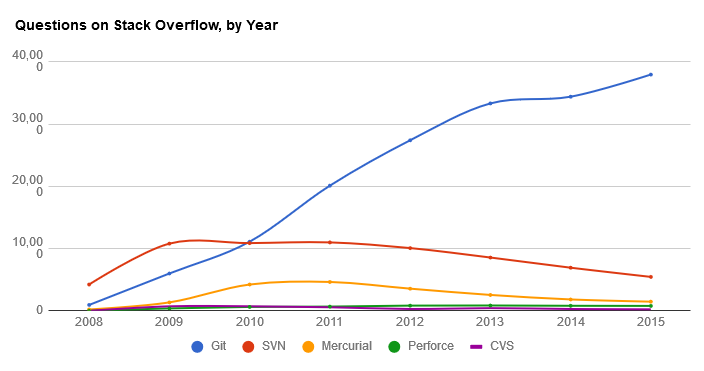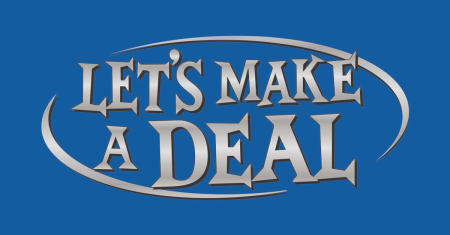Intellectual Propery & Trade Secrets
Intellectual property becomes a trade secret when it is valuable, or is expected to be valuable, provided that a reasonable attempt is made to keep the details secret. Trade secrets differ can just be valuable, and need not be novel.
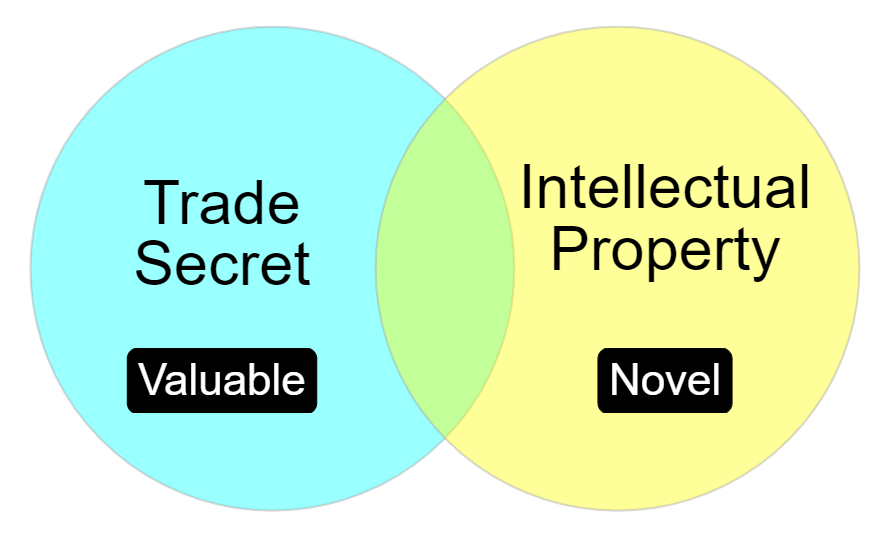
People, Process and Technology
My qualifications and experience allow me as a technology expert to:
- Respond to questions about a technology
- Respond to questions about a product or family of products
- Compare and contrast technologies and their applications
- Compare and contrast products or families of products
- Respond to questions about the development of a technical product or service
- Respond to questions about potential or actual applications of a technology
- Examine source code and report on similarities to other code
- Reverse engineer products
Often the expert writes a report that addresses specific questions posed by the client, after which the expert discusses the report in confidence with their client. If the report is sent to the opposing side of the case, the expert will most likely need to defend their report under oath.
What is Software?
Software is:
Many people are surprised to learn that software is not just program code. Software is a term that applies to all digital artifacts pertaining to the development of a program, including the program code, documentation, associated data, and more. Non-programmers regularly create new software artifacts; for example, technical writers write documentation, which is a form of software.
Considering that transcripts of conversations between technicians are a primary source of documentation, those transcripts might also be included in the definition of software. This might include Git commits, Jira / Pivotal Tracker / Trello logs, and transcripts of chats in online forums where developers talk to each other about the software project that they are collaborating on. I am skilled at weaving multiple sources of information together into a chronology, and then inferring habitual behavior from the transcript. This insight can be used to determine where to look next, and what to look for. It is amazing what one can find when one knows what to look for!

Software Archeology
Git is a free and open-source distributed version control system (VCS). It became the most popular VCS in 2008.
Git is particularly useful for determining what participants did during a software development project. Because Git normally retains the complete history of all the contributions made by the technical team as they work together to create software, a software expert should examine the Git history early in a case. Sometimes the Git history is doctored in an attempt to remove evidence. In a recent case, I easily identified that the evidence had been doctored, and the person who erased the Git history had to admit during deposition that he had erased some history.
When I start a new case involving software, I ask for copies of all relevant Git repositories. That provides me with a snapshot of the software in question at any moment in time. I can rewind any project’s history, and replay it — commit by commit, then summarize the data and display it.
Elsewhere, on this website, I discuss the technical details of working with Git in depth.
Structuring the Client / Expert Relationship
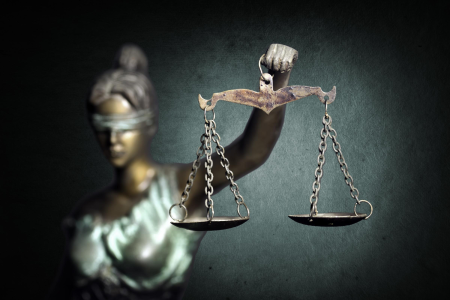
Sometimes my findings are not what the client wants to hear. The most effective way to ensure that I can be frank with clients is to have them pay in advance. I have found that an evergreen draw-down retainer is mutually convenient.
I was once retained by a company to render a preliminary opinion on whether litigation that they were contemplating might have merit. To develop my opinion, I had to download and reverse engineer the prospective defendant’s software without their knowledge. Having done that, my opinion was that there was likely no intellectual property infringement, and I suggested to the client that they make a business deal with the other party instead.
I suggested making a deal instead of litigation because during my research, I came to believe that the other party had developed better software using a different approach. This suggestion was unpalatable to my client’s ego, but as I explained, until they reworked their product to match the fresh and modern technology used in the other party’s product, my client’s only other recourse would be to compete on a non-technical basis. This would have required them to expend a significant amount of additional resources for sales and marketing, which are generally much more expensive than engineering costs.
My client followed some of my advice, and never initiated litigation; the other party never knew they were in the crosshairs. However, my client did not attempt to develop a business deal.
Games Some Attorneys Play
There are millions of competent technologists, but few are comfortable in the role of high-profile participant in an adversarial justice system. Attorneys should be aware that when a legal case requires the opinion of a technology expert with specific skills, or a specific background, it is not uncommon for certain qualified and experienced experts to be contacted by both sides.
Some attorneys attempt to engage all available experts at no cost to themselves or their clients. It is easy to retain an expert – all that is required is for the expert to agree to the terms expressed in an engagement letter. The letter might mention an attractive hourly rate with favorable terms, but these particular attorneys never assign any work.
Experts that have been engaged in this manner cannot ever work for the other side; they have been taken out of action for the remainder of the case.
The solution that I use is simple: my standard terms and conditions include a non-refundable minimum engagement fee. I have found that a fee equivalent to 2 day’s billings is sufficient to discourage this practice. I stipulate that this minimum fee must be received in full before an engagement is deemed to begin, within a short time period. If the fee is not received in time, then I am available to be engaged by the other side without conflict. I inform prospective clients that they should not tell me any non-public details about the case until their minimum engagement payment has cleared.
Summary
The articles in this series explore topics of interest to attorneys who are contending with cases involving intellectual property issues of software or hardware. This article discussed:
- Services I provide as a software expert.
- Definitions for trade secret, intellectual property, and software.
- Effective and defensible communication between experts, lawyers and the court.
- How I reconstruct a detailed chronology of the dialog that occured during a development project.
- Avoiding insincere engagements that are intended to take experts out of commission.
